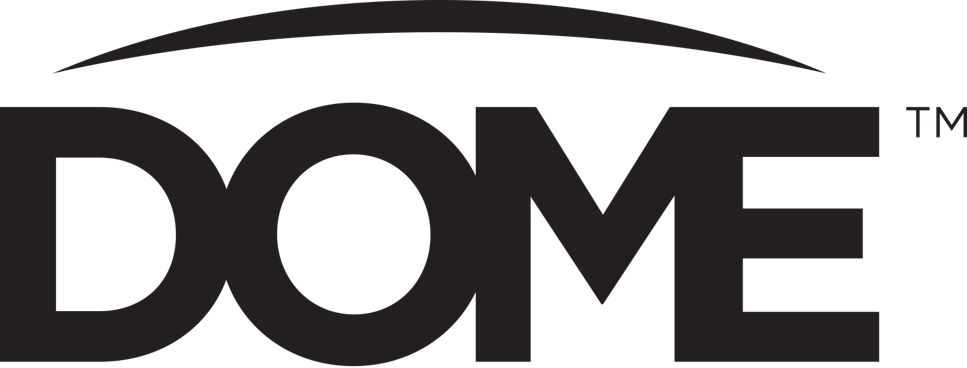 In one of the most devastating cyberattacks in healthcare history, UnitedHealth Group’s Change Healthcare unit suffered a ransomware attack that cost the company $872 million in Q1 2024 alone. The total financial impact is expected to reach up to $1.6 billion, highlighting the catastrophic consequences that a single breach can have on even the largest corporations.
In one of the most devastating cyberattacks in healthcare history, UnitedHealth Group’s Change Healthcare unit suffered a ransomware attack that cost the company $872 million in Q1 2024 alone. The total financial impact is expected to reach up to $1.6 billion, highlighting the catastrophic consequences that a single breach can have on even the largest corporations. The attack was traced back to compromised credentials on a Citrix server that lacked multi-factor authentication (MFA), allowing cybercriminals to gain unauthorized access. Once inside, the BlackCat ransomware group deployed ransomware, encrypting vital systems and causing prolonged disruptions.
The attack not only impacted UnitedHealth’s bottom line but also crippled healthcare providers across the country, delaying patient care and straining resources. Despite paying a $22 million ransom, the data remained in the hands of cybercriminals, further proving that reactive measures are not enough in today’s cyber threat landscape.

This attack was preventable. Implementing a robust cybersecurity framework, such as Veridify’s DOME™, could have significantly reduced the risk. DOME™ offers 100% NIST Zero Trust compliance and provides real-time security, zero-touch installation, legacy system protection, and secure device management. Developed with Intel and AWS, DOME™ ensures that every operational technology (OT) device in a facility is secured against unauthorized access and potential cyber threats.
If UnitedHealth had leveraged a Zero Trust architecture with solutions like DOME™, compromised credentials alone would not have been enough for attackers to gain network access.
As ransomware attacks continue to rise, organizations must move beyond traditional security measures and adopt a proactive approach to protecting their networks. The UnitedHealth breach serves as a costly lesson for the entire industry—waiting until an attack happens is not an option. Solutions like Veridify’s DOME™ provide an essential line of defense, ensuring that critical infrastructure remains secure and operational, no matter the evolving threat landscape.

